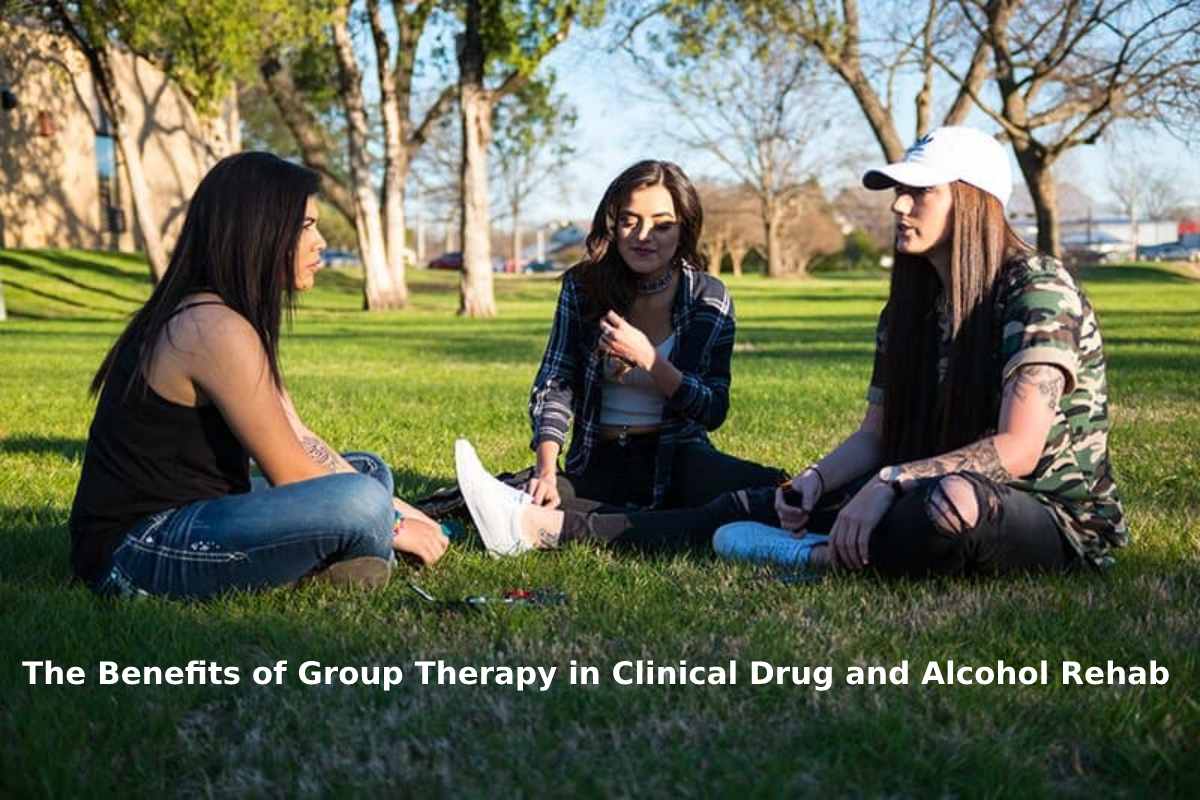Group therapy in clinical drug and alcohol rehab is an effective method for helping patients overcome substance abuse. Group members share their experiences during sessions and hear about others’ struggles.
This helps members realize that their symptoms are not unique to them. It also creates a sense of universality that can provide them with hope.
Table of Contents
Increased Self-Esteem
Group therapy can provide a significant boost to the self-esteem of patients. It can also help to break down any denial that patients might have about their substance abuse.
Low self-esteem is a significant contributing factor to the onset of addiction and can often be the reason for relapse or recidivism. Without treatment, low self-esteem can lead to shame and a sense of unworthiness, leading to drug use to numb these feelings.
Many clients in clinical drug and alcohol rehab feel isolated, especially if they have suffered abuse or other forms of trauma. Seeing others who have made positive changes can give them hope for a better future.
Increased Self-Awareness
Group therapy is a highly effective way to increase self-awareness and improve social skills. Participants can hear the experiences of others overcoming similar problems, which can help them feel less alone in their struggles.
Many people with substance abuse disorders feel isolated from their families and friends, making them feel worse about themselves and their condition. They may also be unsure whether they have a problem, leading to feelings of denial.
Group therapy online, such as Pinnacle Recovery Center, can benefit individuals in clinical drug and alcohol rehab, especially when a professional therapist leads the group. The therapist can guide the conversation and offer feedback and advice to each group member. This can help each person understand their issues and develop coping strategies.
Increased Self-Confidence
Group therapy provides a safe, supportive environment where patients can share their thoughts and feelings with peers. This can increase self-confidence and help people develop healthy coping mechanisms.
Unlike individual therapy, where patients receive one-on-one guidance from their therapist, group therapy allows them to interact with others working through similar issues. They can hear about how others have overcome their struggles and gain perspective.
This can give them hope that they can succeed in their recovery journey. It can also build relationships with other group members that can be used outside treatment for support and motivation.
Group therapy can also help people overcome their denial about their substance abuse problems and eliminate their shame over their addictions. It’s an essential step in clinical treatment and can make a huge difference for patients.
Increased Social Skills
Many people struggle with the social skills necessary to communicate and healthily interact with others. Those who lack these skills often suffer from social anxiety and other issues that can lead to addiction.
In a group setting, individuals can learn to develop their social skills and gain confidence in these areas. They may also learn how to deal with emotions healthily.
One of the most important benefits of group therapy is that it helps people communicate their problems and get peer support. This can be especially helpful for those who are struggling with substance abuse.
Increased Empathy
Group therapy offers a safe and supportive environment to share feelings and experiences with others experiencing similar emotions. This can help individuals feel less alone and more understanding, leading to a positive change in their lives.
Individuals can learn to empathize with others suffering from drug addiction and other mental health problems. This can be very helpful in helping them heal from their pasts.
Seeing that people in recovery can handle their problems without substance abuse can give those new to the process hope that they can overcome their challenges and become productive members of society.
Group therapy can be a powerful tool for increasing empathy in clinical drug and alcohol rehab. It can help individuals feel less isolated and better understood, leading to a positive change of mind and increased self-confidence.

